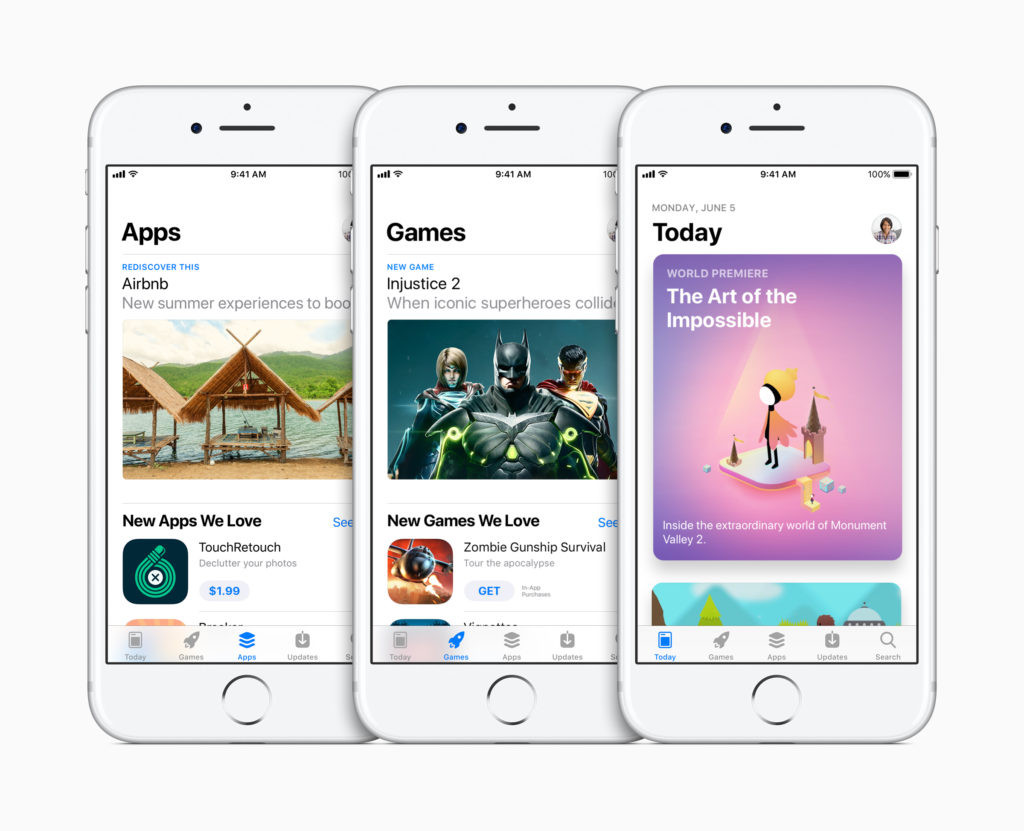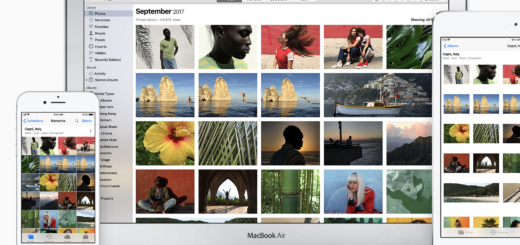Apple must open up App Store payments, court decrees

Things change
Apple will be made to open up its payments systems giving developers the right to tell customers about ways to pay outside of the App Store when using their apps, a federal judge ruled today. Apple has 90-days to comply.
Update: Apple is likely to appeal the judgement. Epic already has appealled.
Mixed decision but Apple will appeal
While this is not a victory for Apple, neither is it a victory for Epic, which bought the case. Apple is under no compunction to let Epic’s apps back in its store and the games developer will be required to pay damages to Apple for breach of contract.
The decision could impact App Store profits, though it is fair to note that many smaller developers will have no interest in creating or supporting their own external payment systems. Those who do will also lose the protection of payments via the App Store, in that if a payment goes wrong the onus will be on them to rectify problems.
The overall impact of this over time will, I think, be that consumers will end up sticking with Apple’s payments systems as they are integrated and better resourced. But there will be some horror stories along the way. Apple is expected to appeal, which means the case will continue for months and may yet end up in the Supreme Court. The one rose inside this thorn being that Apple has been spared from being castigated a monopolist.
[Also read: 12 Apple statistics about App Store fraud in 2020]
Apple’s Epic battle
The suit was bought against Apple last year by Epic, in what seemed to be a pre-planned campaign against the 30% commission charged by the App Store. The decision echoes a move by Apple last week to let developers of so-called ‘reader apps’ offer payment systems externally to the App Store.
In the 185-page ruling (available here) the judge wrote:
“ Ultimately, after evaluating the trial evidence, the Court finds that the relevant market here is digital mobile gaming transactions, not gaming generally and not Apple’s own internal operating systems related to the App Store. The mobile gaming market itself is a $100 billion industry. The size of this market explains Epic Games’ motive in bringing this action. Having penetrated all other video game markets, the mobile gaming market was Epic Games’ next target and it views Apple as an impediment.
“Further, the evidence demonstrates that most App Store revenue is generated by mobile gaming apps, not all apps. Thus, defining the market to focus on gaming apps is appropriate. Generally speaking, on a revenue basis, gaming apps account for approximately 70% of all App Store revenues. This 70% of revenue is generated by less than 10% of all App Store consumers. These gaming-app consumers are primarily making in-app purchases which is the focus of Epic Games’ claims. By contrast, over 80% of all consumer accounts generate virtually no revenue, as 80% of all apps on the App Store are free.
The judgement also says
“Having defined the relevant market as digital mobile gaming transactions, the Court next evaluated Apple’s conduct in that market. Given the trial record, the Court cannot ultimately conclude that Apple is a monopolist under either federal or state antitrust laws. While the Court finds that Apple enjoys considerable market share of over 55% and extraordinarily high profit margins, these factors alone do not show antitrust conduct. Success is not illegal. The final trial record did not include evidence of other critical factors, such as barriers to entry and conduct decreasing output or decreasing innovation in the relevant market. The Court does not find that it is impossible; only that Epic Games failed in its burden to demonstrate Apple is an illegal monopolist.”
What Apple said
In a statement currently in circulation, Apple said:
“Today the court has affirmed what we’ve known all along: the App Store is not in violation of antitrust law. As the court recognized ‘success is not illegal’. Apple faces rigorous competition in every segment in which we do business, and we believe customers and developers choose us because our products and services are the best in the world. We remain committed to ensuring the App Store is a safe and trusted marketplace that supports a thriving developer community and more than 2.1 million U.S. jobs, and where the rules apply to everyone.”
What Epic said
Epic has already appealled against the judgement.
Today’s ruling isn't a win for developers or for consumers. Epic is fighting for fair competition among in-app payment methods and app stores for a billion consumers. https://t.co/cGTBxThnsP
— Tim Sweeney (@TimSweeneyEpic) September 10, 2021
What happens next
An appeal and months more in court. This case is gonna run for a while — but watch how Apple handles or perhaps extends its reader apps solution.
Please follow me on Twitter, or join me in the AppleHolic’s bar & grill and Apple Discussions groups on MeWe.



